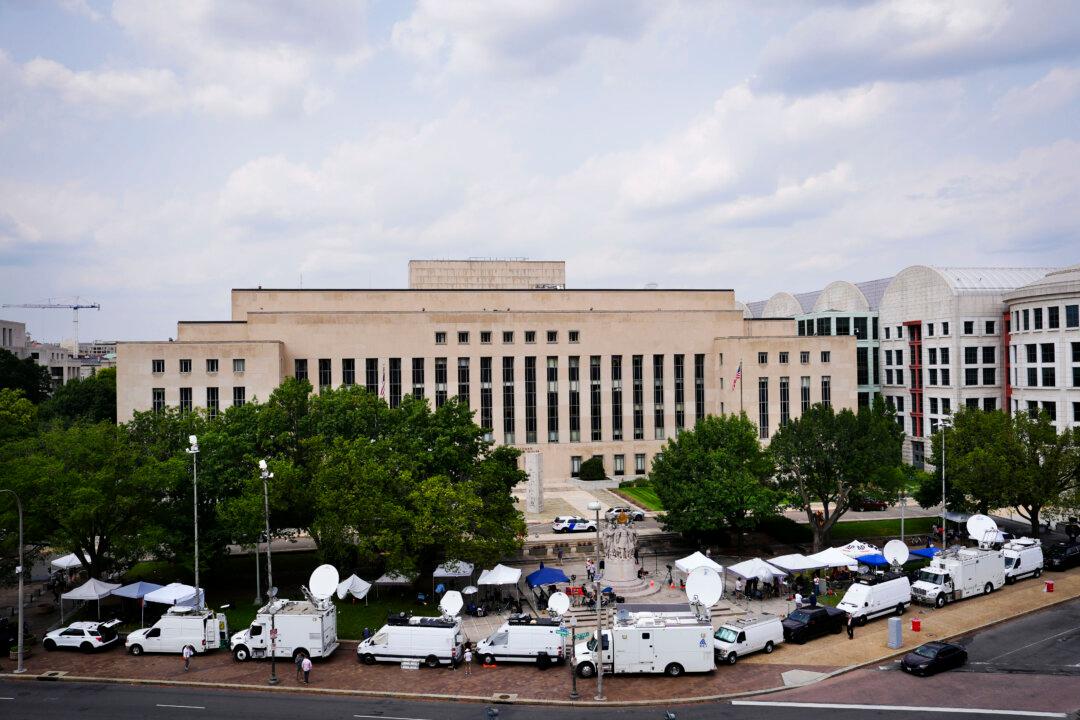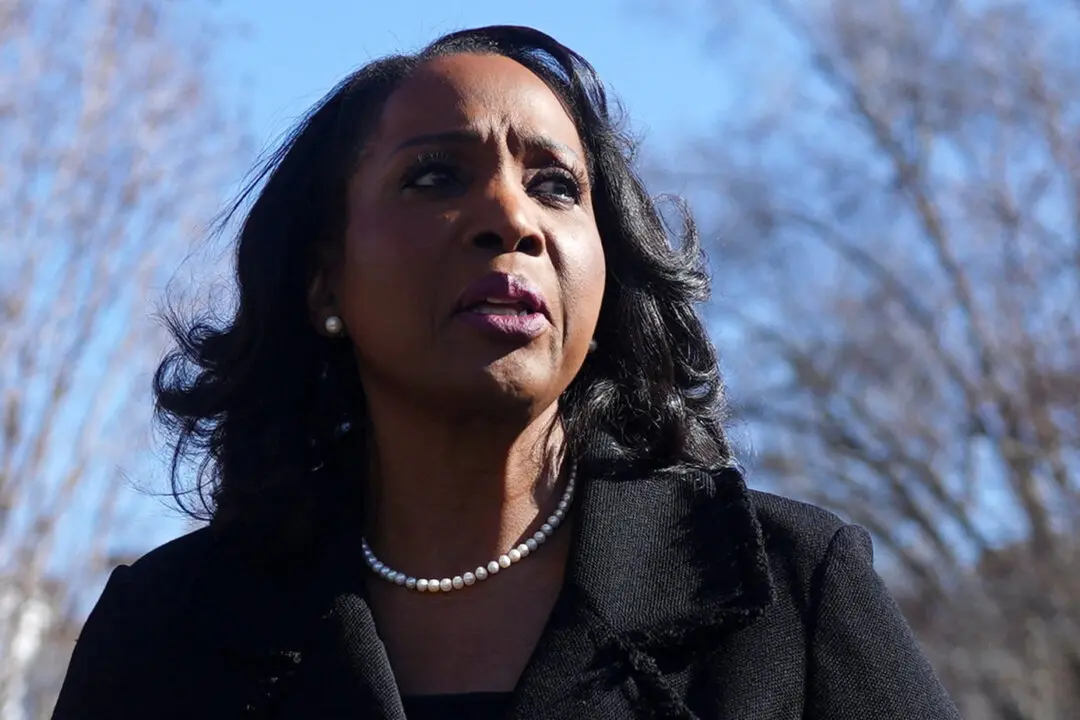The Supreme Court’s ruling on former President Donald Trump’s claim to immunity has reshuffled the deck for his election-related case in Washington while creating even more delays and uncertainty for the prosecution, attorneys indicated to The Epoch Times.
On July 1, a majority of the justices sent the former president’s case back to the district court with instructions that will limit the charges he faces. The highly anticipated decision held that presidents enjoyed several tiers of immunity from prosecution: absolute immunity for acts that fall within their “conclusive and preclusive constitutional authority,” a presumption of immunity for their official acts, and no immunity for unofficial acts.





